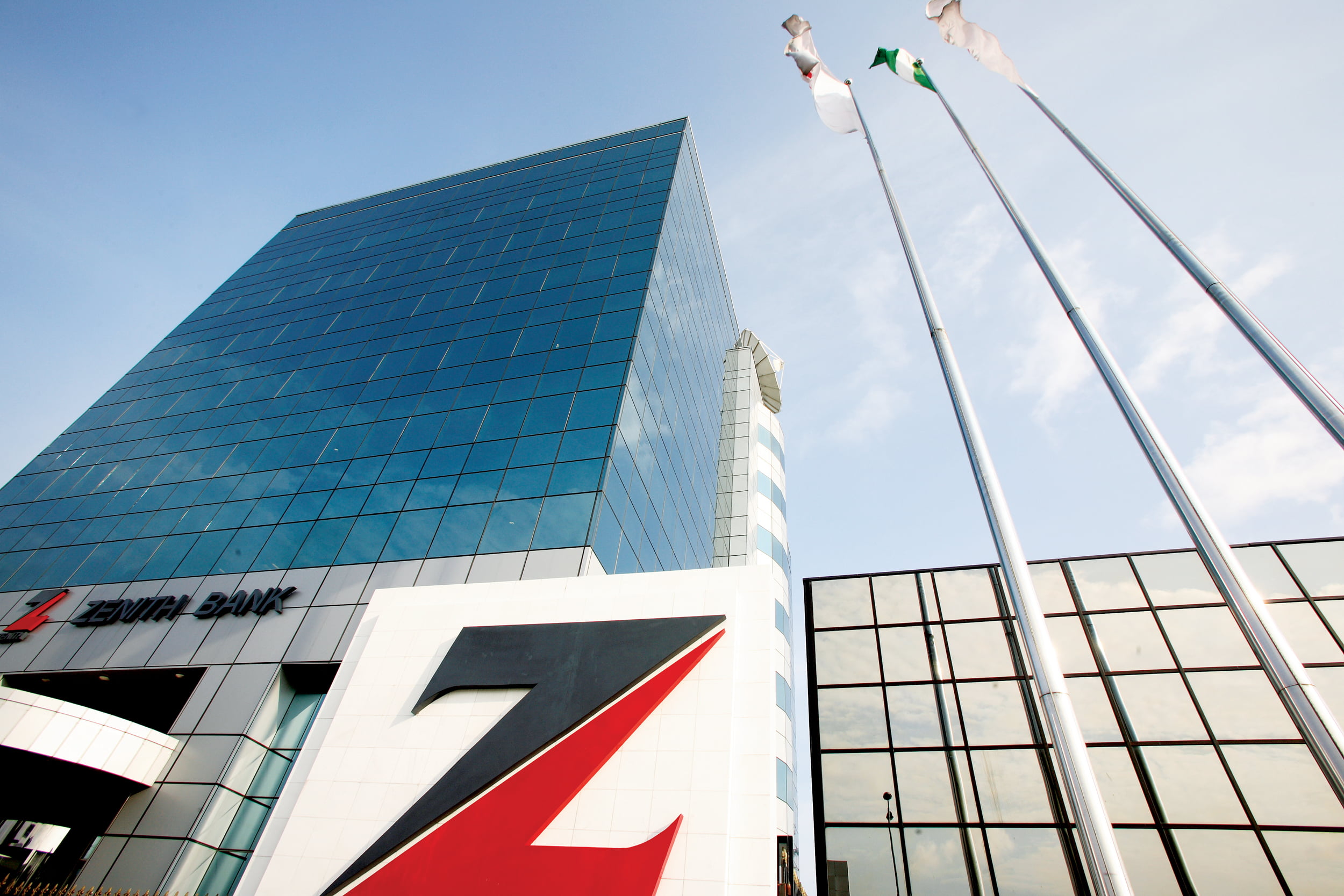Business
Zenith Bank Realises N173.488 Billion Non-interest Income in Nine Months

In the nine months ended September 30, 2020, Zenith Bank Plc, one of Nigeria’s leading banks, generated N173.488 billion non-interest income despite COVID-19 challenges that eroded earnings and business activities of Nigerians.
The bank’s non-interest income rose by 11 percent from N156.756 billion filed in the same period of 2019.
“Non-interest income is bank’s income realised mainly from fees including deposit and transaction fees, annual fees, monthly account service charges, inactivity fees, cheque deposit slip fees, and so on.”
The bank’s net interest income rose by 5 percent from N214.627 billion in filed in 2019 to N225.179 billion in 2020.
Gross earnings expanded by 4 percent to N508.975 billion in the nine months ended September 2020, up from N491.268 billion achieved in the same period of 2019.
The lender’s profit before tax stood at N177.283 billion during the period under review, representing an increase of 1 percent from N176.183 billion filed in the same period of 2019.
Profit after tax grew by 6 percent to N159.315 billion from N150.723 billion. Earnings per share also appreciated by 6 percent to N5.1, up from N4.8.
Zenith Bank, in its financial statements press release, said “Total deposits closed at ₦5.2 trillion at the end of Q3 2020 up from ₦4.3 trillion in December 2019, dominated by low-cost deposits. Retail deposits continued to grow strongly to ₦1.7 trillion at the end of Q3 2020 up from ₦1.1 trillion as at December 2019, underpinned by the continuous expansion and improvement of the Group’s digital platforms.
In terms of asset quality, the NPL ratio improved to 4.80% (FYE 2019: 4.95%), despite growing loans and advances by 17 % from ₦2.5 trillion as at December 2019 to ₦2.9 trillion at the end of Q3 2020, affirming the Group’s prudent credit risk management.
Our liquidity and capital adequacy ratios (CAR), at 67.4% (Bank: 52.5%) and 21.5% respectively at the end of Q3 2020, remain above regulatory thresholds of 30.0% and 15.0% respectively. This gives headroom for providing support to businesses while creating risk assets opportunities in line with our credit risk management framework.”












